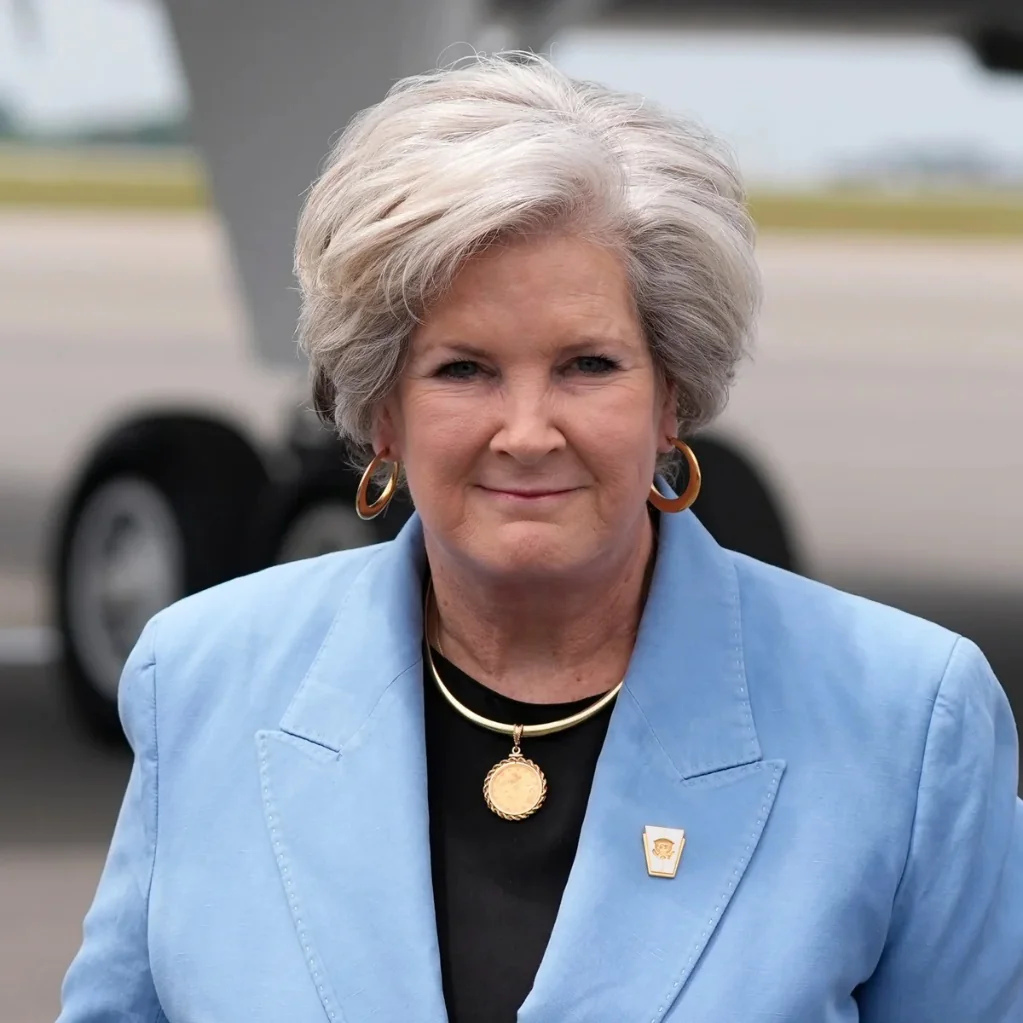
President-Elect Donald Trump Appoints Susie Wiles as White House Chief of Staff, First Woman to Hold Position in U.S. History
Fiona Nanna, ForeMedia News
6 minutes read. Updated 5:59AM GMT Mon, 11nt November, 2024
In a historic decision that marks a significant moment in U.S. political history, President-elect Donald Trump has named Susie Wiles as his White House Chief of Staff, positioning her as the first woman to assume this influential role. The announcement follows Wiles’ pivotal role in steering Trump’s campaign to victory, for which she earned high praise from both Trump’s inner circle and campaign analysts. Known for her strategic acuity and restraint from the limelight, Wiles is widely seen as a principal architect of Trump’s disciplined campaign.
Wiles’ unorthodox approach during the campaign — choosing to remain behind the scenes while guiding operations with a steady hand — has already set her apart from previous campaign managers. Her reluctance to embrace the “campaign manager” title was strategic, allowing her to sidestep the scrutiny that often accompanies such a role in Trump’s orbit. Instead, she wielded influence by earning Trump’s respect, effectively guiding his messaging and decisions without appearing to overmanage, a quality many of Trump’s past aides struggled to maintain.
As the first woman to hold the chief of staff position in the White House, Wiles’ appointment is not only a personal achievement but a notable progression in the representation of women in U.S. executive political leadership. The move has sparked interest from political analysts, who are closely watching for signs that Trump’s new term may usher in a more stabilized and cohesive White House team.
In contrast to Trump’s first presidential term — marked by frequent staff changes, internal rivalries, and high-profile dismissals — Wiles’ reputation as a strategic unifier suggests Trump might be aiming for a more structured leadership approach. During his previous administration, Trump cycled through four chiefs of staff, including temporary appointees, with each turnover leading to news cycles dominated by internal conflicts and ideological disputes among aides. Many of these personnel shifts weakened the administration’s public image and impacted policy implementation, particularly in its early stages.
Wiles, despite her lack of federal government experience, is known for her pragmatic leadership style. Her close rapport with Trump is expected to help foster greater unity among the president-elect’s advisors and mitigate the chaotic personnel management issues that plagued Trump’s earlier administration. Her appointment has sparked optimism within Trump’s team, who view it as a possible signal that the president-elect aims to avoid the pitfalls of his first term by assembling a more collaborative staff.
However, as Trump’s White House is historically unorthodox compared to previous Republican or Democratic administrations, there remains speculation on how Wiles will navigate the complexities of an often factionalized West Wing. Wiles is expected to draw on her campaign experience, leveraging her trusted status to manage Trump’s impulses without triggering the internal rifts that destabilized his previous administration.
Meta Description: President-elect Donald Trump appoints Susie Wiles as the first woman to serve as White House Chief of Staff. Wiles’ strategic leadership in Trump’s campaign now takes center stage as she steps into this critical role.

